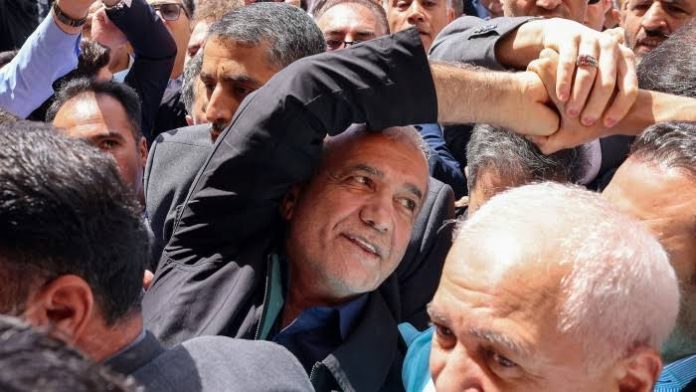
Masoud Pezeshkian, the reformist candidate, clinched victory in Iran’s presidential run-off election, defeating the ultraconservative contender Saeed Jalili, as confirmed by the interior ministry. Pezeshkian secured over 17 million votes, surpassing Jalili’s 13 million out of approximately 30 million ballots cast, marking a decisive win with a 49.8% voter turnout.
This electoral outcome follows the tragic demise of hardline President Ebrahim Raisi in a helicopter accident. It also comes after an initial round of voting marked by low voter participation, signaling potential shifts in Iran’s political landscape.
Pezeshkian’s triumph signifies a significant shift towards reformist policies in Iran. His victory over Jalili, a staunch ultraconservative, underscores a widespread desire for change and possibly a more moderate governance approach among voters.
With Pezeshkian assuming leadership, Iran may see adjustments in both domestic policies and its international relations strategy. The election result marks a pivotal moment for the nation, potentially influencing its stance on diverse issues, including economic reforms and human rights.
Observers will closely monitor Pezeshkian’s tenure to gauge how he navigates Iran’s intricate political dynamics and whether he fulfills the aspirations of those who supported his candidacy.